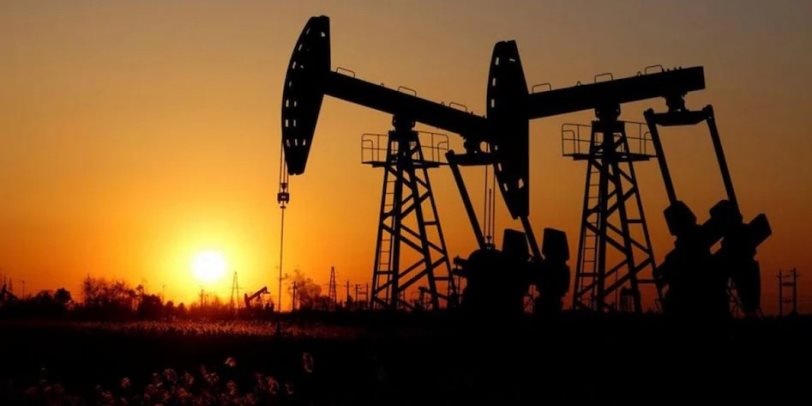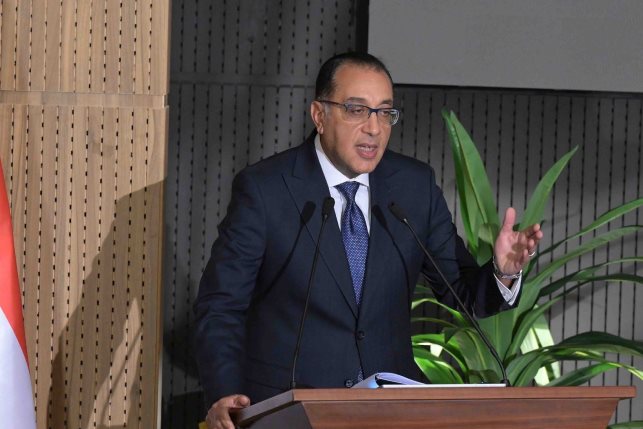Oil prices surge due to increasing global demand, crude futures reach $81.06 per barrel
The prices were supported by the expectation of rising global demand for oil during the first quarter of 2023.
 OECD countries face decreasing demand for oil - File Photo
OECD countries face decreasing demand for oil - File Photo
Oil prices rose on Friday, with Brent crude futures for global benchmark up to $81.06 per barrel, while West Texas Intermediate (WTI) crude futures for U.S. intermediate crude oil were at $77.32 per barrel.
The prices were supported by the expectation of rising global demand for oil during the first quarter of 2023, reaching around 101.3 million barrels per day, according to a recent report. The report also projected an increase in demand from the rest of the world to approximately 55.4 million barrels per day, while demand from the Organization for Economic Cooperation and Development (OECD) group of countries was expected to decrease to around 45.9 million barrels per day.
Yury Sentyurin, the Ambassador-at-Large of the Russian Foreign Ministry, predicted in press remarks that the oil market will be affected by several factors in 2023 due to man-made turbulence, such as anti-Moscow sanctions and bank crashes that have created a base for an unhealthy oil market.
According to Sentyurin, market dynamics in the short term until the end of 2023 will be impacted by factors such as the growth rate of demand from the largest consumers (China and India), a possible consumption decrease due to financial and banking crises, and the need to observe anti-Russian restrictions.
The diplomat emphasizes the necessity to develop new anti-crisis solutions and tools to be ready to tackle modern challenges affecting the global energy market, after the previous dynamics have degraded. Sentyurin adds that the West's decision to impose a price cap on Russian oil and create a buyers' market will have an equally destructive impact on both the oil and gas markets.
Sentyurin believes that the global energy industry is suffering from irresponsible politicized decisions, including price ceilings, which may lead to a crisis. He also states that economic relations were artificially made dependent on geopolitics through irresponsible politically motivated decisions and the use of essentially anti-market mechanisms and restrictions.
Therefore, the state of global energy is currently characterized as difficult, with the risk of developing into a crisis. To prevent this, it is essential to develop a package of anti-crisis solutions based on pragmatic tasks and outside of politics.
The report also noted that U.S. shale oil production is expected to increase by 108,000 barrels per day in February 2023 compared to the previous month, reaching 9.059 million barrels per day, and is expected to increase further to 9.214 million barrels per day in March and April 2023.
The oil market has shown significant growth in recent months due to a rise in demand and a decrease in supply. In addition, several countries have announced plans to reduce their dependence on fossil fuels and increase investment in renewable energy, which could lead to a more stable and sustainable global energy market in the future.





